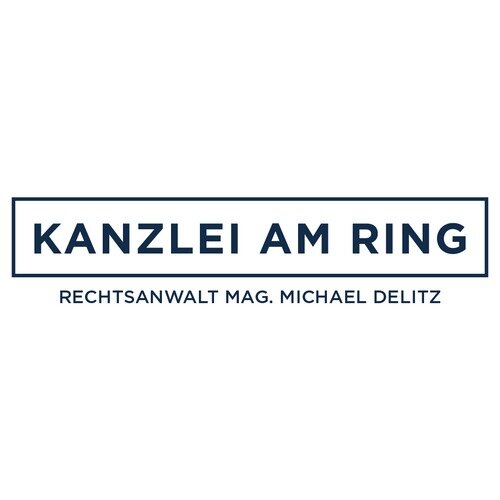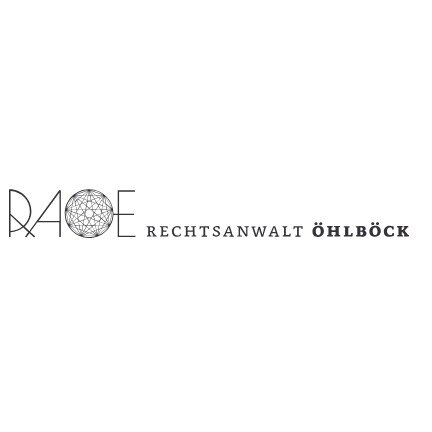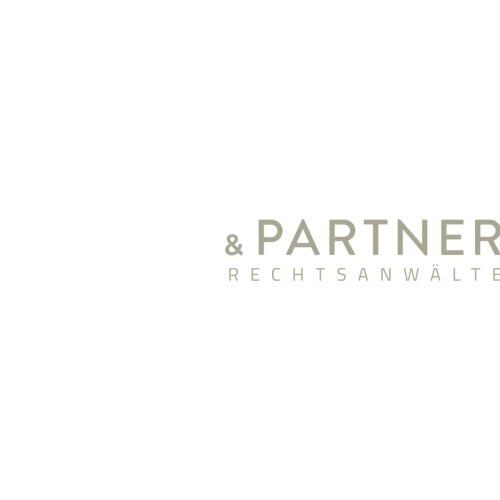Best Due Diligence Lawyers in Vienna
Share your needs with us, get contacted by law firms.
Free. Takes 2 min.
List of the best lawyers in Vienna, Austria
About Due Diligence Law in Vienna, Austria
Due Diligence is a crucial process, especially in the context of mergers and acquisitions, real estate transactions, or any significant business undertakings. In Vienna, Austria, Due Diligence involves comprehensive checks, document reviews, and investigations to ensure that informed decisions are made. This practice helps in identifying potential risks, liabilities, and the overall integrity of the information provided by the other party. Legal experts specializing in this field utilize their knowledge and expertise to navigate the regulatory landscape and secure their clients’ interests.
Why You May Need a Lawyer
Working with a lawyer during the Due Diligence process can be invaluable. Here are some common scenarios where legal help is often needed:
- Mergers and Acquisitions (M&A): Conducting thorough Due Diligence on a target company to identify liabilities, financial status, compliance with laws, and more.
- Real Estate Transactions: Ensuring that the property in question has a clear title, no outstanding litigation, and is compliant with local regulations.
- Investment Opportunities: Verifying the legitimacy and viability of investment options to avoid potential fraud or bad investments.
- Corporate Governance: Assessing the operational and legal standing of business partners or potential board members.
- Litigation Risk: Evaluating any potential legal disputes that the business or asset may be involved in.
Local Laws Overview
Vienna, as part of Austria, has a well-defined legal framework governing Due Diligence. Here are some key aspects:
- Corporate Transparency: Companies must comply with rigorous disclosure requirements, ensuring all relevant information is accessible to stakeholders.
- Regulatory Compliance: Entities must adhere to sector-specific laws concerning operational licenses, environmental regulations, labor laws, and more.
- Anti-Money Laundering (AML): Regulations require rigorous checks to prevent the laundering of proceeds from illegal activities.
- Data Protection: Compliance with GDPR ensures that personal data is handled securely and lawfully.
- Contractual Obligations: Legal scrutiny of contracts and agreements to ensure enforceability and protection against potential breaches.
Frequently Asked Questions
1. What exactly is Due Diligence?
Due Diligence is an in-depth investigation or audit of a potential investment, acquisition, or business partnership to confirm all facts and financial information.
2. Why is Due Diligence important?
It helps in identifying risks and liabilities, ensuring informed decision-making, and protecting against potential legal and financial issues.
3. How long does the Due Diligence process take?
The duration can vary significantly, depending on the complexity of the transaction and the thoroughness required, ranging from a few weeks to several months.
4. What documents are typically reviewed during Due Diligence?
Financial statements, tax returns, contracts, corporate records, compliance documents, and any other relevant legal documentation.
5. Can I conduct Due Diligence myself?
While possible, it’s often advisable to hire legal and financial experts to ensure a thorough and professional examination.
6. What are the costs associated with Due Diligence?
The costs can vary depending on the scope of the investigation and the fees of legal and financial advisors. It is important to discuss and agree on a budget beforehand.
7. What happens if issues are found during Due Diligence?
Potential issues should be addressed either through renegotiation, corrective actions, or, in some cases, the termination of the transaction.
8. Is Due Diligence mandatory by law?
While not always legally required, Due Diligence is a standard best practice in significant transactions to protect all parties involved.
9. Can failed Due Diligence lead to legal consequences?
Yes, neglecting Due Diligence can result in financial losses, legal disputes, and reputational damage.
10. Who are the key stakeholders in the Due Diligence process?
Typically, this includes the buyer, seller, lawyers, financial advisors, and sometimes, environmental and regulatory experts.
Additional Resources
For those seeking further information or assistance, here are some helpful resources:
- Vienna Chamber of Commerce: Offers guidance and resources for businesses.
- The Austrian Bar Association: A reliable source for finding experienced lawyers in Vienna.
- Federal Ministry of Justice: Provides insights into the legislative framework and legal matters in Austria.
- Wirtschaftskammer Österreich (WKÖ): Provides business-related resources and support.
- Austrian Financial Market Authority (FMA): Regulates financial markets, offering crucial compliance guidelines.
Next Steps
If you need legal assistance with Due Diligence in Vienna, consider the following steps:
- Identify Your Needs: Clearly define the scope and objectives of your Due Diligence requirements.
- Research Law Firms: Look for law firms or lawyers specializing in Due Diligence, corporate law, and related fields.
- Consultations: Schedule consultations to discuss your needs, understand their services, and get an estimate of costs.
- Check Credentials: Verify the qualifications, experience, and client reviews of your prospective legal advisors.
- Make an Informed Decision: Choose a legal partner who understands your specific needs and has a proven track record in successfully managing Due Diligence processes.
Engaging a qualified lawyer can significantly enhance the integrity and security of your business transactions, ensuring compliance and risk mitigation throughout the Due Diligence process.
Lawzana helps you find the best lawyers and law firms in Vienna through a curated and pre-screened list of qualified legal professionals. Our platform offers rankings and detailed profiles of attorneys and law firms, allowing you to compare based on practice areas, including Due Diligence, experience, and client feedback.
Each profile includes a description of the firm's areas of practice, client reviews, team members and partners, year of establishment, spoken languages, office locations, contact information, social media presence, and any published articles or resources. Most firms on our platform speak English and are experienced in both local and international legal matters.
Get a quote from top-rated law firms in Vienna, Austria — quickly, securely, and without unnecessary hassle.
Disclaimer:
The information provided on this page is for general informational purposes only and does not constitute legal advice. While we strive to ensure the accuracy and relevance of the content, legal information may change over time, and interpretations of the law can vary. You should always consult with a qualified legal professional for advice specific to your situation.
We disclaim all liability for actions taken or not taken based on the content of this page. If you believe any information is incorrect or outdated, please contact us, and we will review and update it where appropriate.















